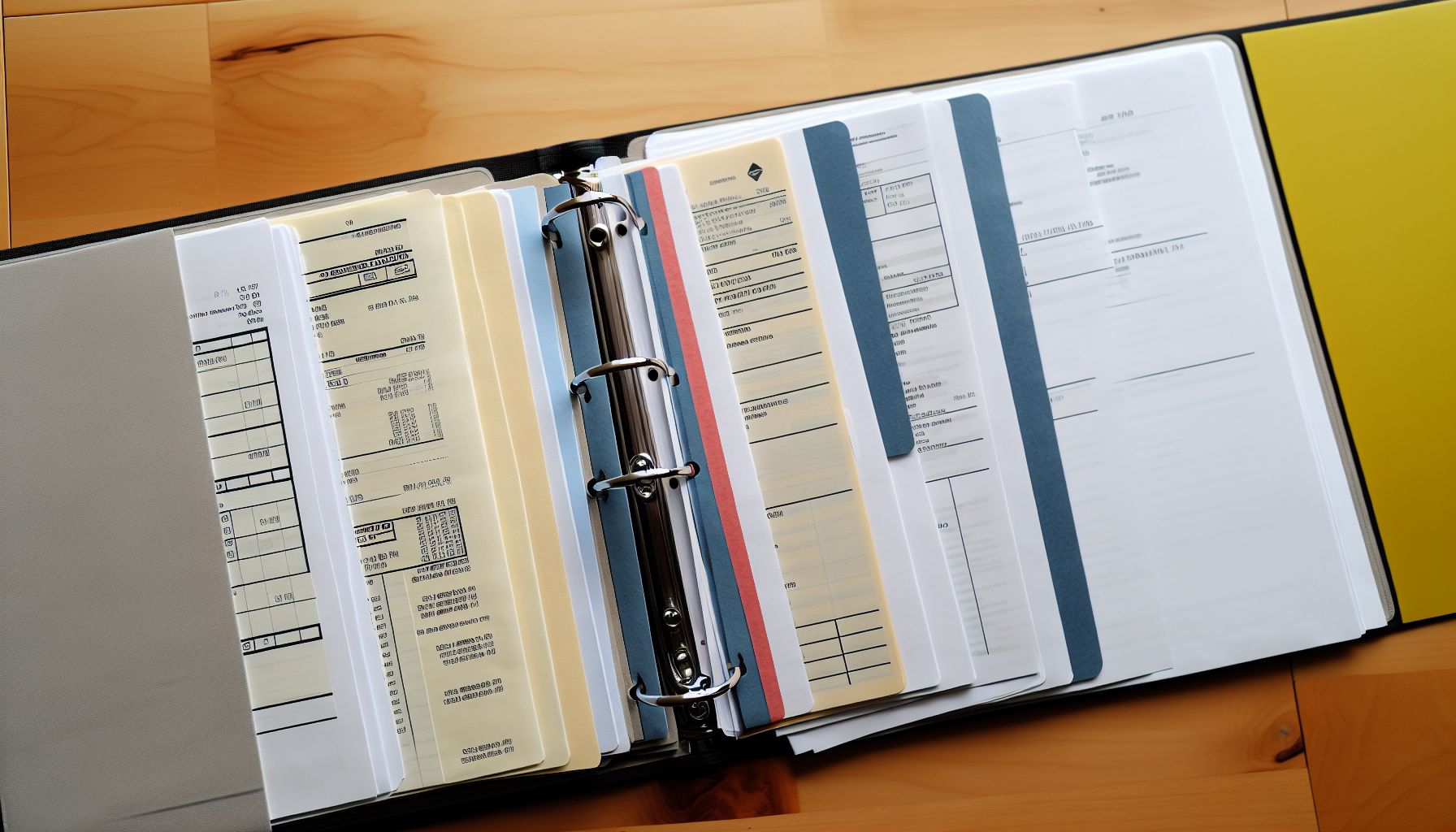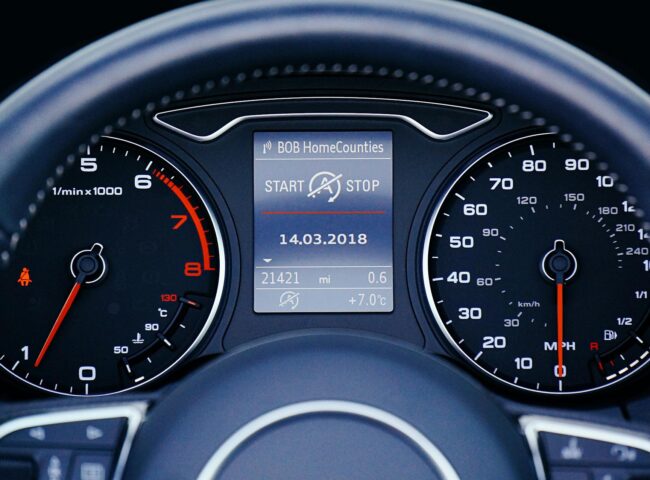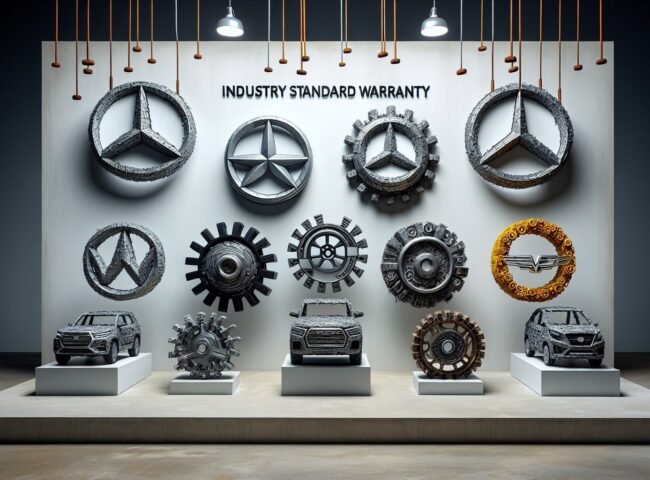Are you fully aware of the coverage and limitations laid out in your auto warranty contract? This oft-overlooked document is key to avoiding costly repairs and navigating ownership challenges. The importance of reading your auto warranty contract cannot be overstated, as it directly affects your pocket and offers peace of mind. With this guide, you’ll learn to identify essential clauses and approach car maintenance and repairs with confidence.
Key Takeaways
- An auto warranty contract covers vehicle repairs and services for a set duration or mileage, with varying coverage levels and exclusions influenced by federal laws such as the Magnuson-Moss Warranty Act.
- Understanding the details of auto warranty coverage, including major component inclusion and exclusions—such as normal wear and tear, preexisting damage, and regular maintenance—is crucial to avoid unexpected costs and claim rejections.
- Routine vehicle maintenance and proper documentation thereof are essential for maintaining a valid warranty, and these factors, along with deductibles and financial implications, should influence the decision when purchasing extended warranties or service contracts.
Understanding Auto Warranty Contracts

An auto warranty contract, also known as an auto service contract, is, in essence, a promise to perform or pay for certain repairs or services. It’s an agreement that covers your vehicle for a specified duration or mileage and comes in various forms, from manufacturer’s warranties with your new car to extended warranties sold by independent companies.
But how do these differ, and why is it important? We will now explore this.
Definitions: Warranty vs. Service Contract
A manufacturer’s warranty is a promise by car manufacturers to fix defects in materials or workmanship for a certain time period, usually excluding accidental damage or normal wear and tear. On the other hand, car warranties, such as extended warranty or a vehicle service contract, despite often being used interchangeably, are different. They offer various policies from comprehensive coverage with few exclusions to specific coverage for named components only.
These differences significantly affect the terms of coverage, cost, and procedures for repair or replacement claims, hence the importance of understanding them.
The Role of Federal Law in Auto Warranties
Auto warranties involve not only contract details but also legal considerations. The Magnuson-Moss Warranty Act (MMWA) of 1975 is the federal law that oversees auto warranties. It provides some much-needed assurances for consumers, ensuring that manufacturers cannot include unfair or misleading warranty disclaimers.
Moreover, it prohibits ‘tie-in sales’ provisions where warranty coverage is contingent on using a particular brand or service unless provided free of charge.
Unpacking Coverage Details

Having covered the basics, we can now go into more detail. Auto warranties offer varying levels of coverage, from basic powertrain warranties to comprehensive bumper-to-bumper warranties. But what do these mean, and how do they impact the protection of your vehicle and your existing auto warranty coverage?
Let’s unpack these details.
Major Components Covered
The devil truly is in the details when discussing coverage. Bumper-to-bumper warranties generally cover major vehicle components such as:
- the engine
- the transmission
- the axles
- the suspension
- the electrical systems
- the air conditioning
- the fuel system
- the braking system
On the other hand, basic powertrain warranties are limited to essential components like the engine and transmission, crucial for the vehicle’s mobility.
Understanding Exclusions
Knowing what’s not covered is just as critical as understanding what is. Extended warranties often exclude:
- Preexisting damage
- Normal wear and tear
- Regular maintenance
- Cosmetic issues
- Custom aftermarket parts
- Specific car parts like catalytic converters, airbags, and windshields
- Maintenance tasks
These are common exclusions to be aware of when considering an extended warranty.
Being aware of these exclusions can help you sidestep unexpected repair costs and claim rejections.
The Significance of Maintenance Requirements

Routine maintenance to a vehicle is as essential as a healthy diet and regular exercise are to our well-being. Adhering to a strict maintenance schedule and documenting these services, including car repairs, is often required to keep an auto warranty or vehicle service contract, also known as a vehicle service agreement, active.
Documenting Your Maintenance
Documentation is key when maintaining your vehicle. Here are some important steps to follow:
- Keep a detailed maintenance log.
- Hold onto receipts for any maintenance or repairs.
- Take photos before and after installation of new parts.
- This documentation can provide substantial evidence of maintenance and is especially important when making warranty claims, as it validates your adherence to the warranty terms.
Consequences of Poor Vehicle Maintenance
Neglecting vehicle maintenance can lead to a shortened lifespan, void an auto protection plan, and accrue higher repair costs over time. Should a claim be denied, understanding the reasons, whether it’s due to an uncovered component or overlooked maintenance, is of utmost importance.
Financial Implications of Your Warranty

Warranties not only pertain to coverage and maintenance but also bear financial implications. From the purchase price to deductibles and coverage limits, understanding these aspects can help you determine the overall value and cost of ownership.
Deductibles and Repair Costs
An auto warranty deductible is your share of the repair costs. Extended warranties often include deductibles, which can influence the final out-of-pocket expense during repairs.
Opting for a higher deductible can reduce the monthly payment costs, whereas a lower deductible can lead to a higher overall cost for the warranty.
The True Value of Extended Warranties
The true value of an extended warranty is subjective. It depends on individual circumstances, such as the reliability of the vehicle, the owner’s financial situation, and their inclination for risk.
Taking steps such as researching costs upfront, comparing prices across different dealerships, and scrutinizing the terms and conditions are fundamental to securing the best deal.
Additional Benefits and Services

Warranties go beyond just repair and replacement, often encompassing additional benefits and services that augment the value of extended warranties or vehicle service contracts. Let’s look at some of these add-ons and when more coverage can lead to more peace of mind.
Deciphering Add-Ons
Add-ons can significantly enhance the value of your warranty. Some common add-ons to consider include:
- Bumper-to-bumper warranties
- Corrosion warranties
- Emission warranties
- Wrap warranties
Grasping the essence of these add-ons is integral to evaluating their true value. However, it’s also important to consider the company’s reputation and reliability when considering these additional services.
When More Coverage Means More Peace of Mind
As vehicles age, they become more susceptible to mechanical failures, making additional coverage more valuable. High mileage vehicles or those used under severe driving conditions might benefit from more comprehensive coverage due to increased wear and tear. For those who are not mechanically inclined or do not have savings set aside for repairs, more comprehensive coverage can offer peace of mind. Some benefits of more comprehensive coverage include:
- Coverage for major mechanical failures
- Assistance with roadside emergencies
- Rental car reimbursement
- Extended warranty protection
Consider these factors when deciding on the level of coverage that is right for you and your vehicle.
Transferability and Cancellation Policies
Transferable warranties may enhance a vehicle’s resale value, and being aware of cancellation policies can prevent possible financial drawbacks.
We will now address the specifics of selling a vehicle with an active warranty as well as the process of opting out or cancelling a warranty.
Selling Your Vehicle with an Active Warranty
A transferable warranty can make a used car more attractive to buyers and help it fetch a higher price. To initiate a warranty transfer, it’s usually as simple as contacting the vehicle dealership or the warranty provider to inform them of the change of ownership. While many reputable warranty companies do not charge for transferring the warranty to a new owner, others may charge a transfer fee.
Opting Out: Cancelling Your Warranty
Cancelling an auto warranty that was included in the financing of a vehicle doesn’t necessarily result in a lower monthly payment, but it may decrease the overall loan balance.
This could potentially shorten the loan period, thus offering some financial relief.
Navigating Disputes and Claims
Although disputes and claims are an unavoidable aspect of any warranty contract, having the right knowledge and resources can simplify their navigation.
We will now outline the steps to follow when a claim is denied and provide guidance on where to report problems.
Steps to Take When a Claim is Denied
If your claim is denied, don’t panic. Here are some steps you can take:
- Request the denial in writing.
- Gather detailed documentation of maintenance and repairs.
- Communicate with the warranty provider in a detailed and timely manner.
If all else fails, consider escalating the issue through state consumer protection services or higher company management.
Contact Points for Reporting Issues
The National Center for Dispute Settlement (NCDS) offers arbitration programs to resolve disputes between manufacturers and consumers over alleged defects during the warranty period. They provide a consistent communication channel and strive for timely resolutions.
State consumer protection services are also available to assist consumers with denied warranty claims.
Making an Informed Decision Before Signing
Making an informed decision is key before committing your signature to the contract. Understanding your coverage, asking the right questions, and seeking professional advice can all contribute to making a wise choice.
Questions to Ask the Warranty Provider
Before you purchase an extended warranty or vehicle service contract, make sure to ask about the different contract levels and the necessity of additional coverage options. Grasping these details can empower you to choose the warranty coverage that best suits your unique needs.
Professional Advice
Don’t hesitate to consult a professional. A trusted mechanic can:
- Evaluate your vehicle’s condition
- Give you an estimate of future repair costs
- Help determine if an extended warranty is a prudent investment
- Provide insights into your car’s reliability, which could influence your decision on the necessity of an extended warranty.
Summary
Understanding your auto warranty contract is more than just reading the fine print. It’s about understanding the coverage, knowing the financial implications, maintaining your vehicle, and navigating disputes and claims. It’s about making an informed decision that best suits your individual circumstances. So, before you sign that dotted line, take a moment to understand what you’re signing up for.
Frequently Asked Questions
Why should you read a warranty?
You should read a warranty because it provides specific remedies if the product or service fails to meet the warranty, and it gives assurance about the truth of certain facts or conditions. It can make a difference in resolving problems with your purchase later on and influence your choice of product.
How do you read a car service contract?
To get the most out of your car service contract, consider the cost, deductible, coverage details, and the underwriter before signing. Understanding these factors will help you make an informed decision about the contract.
Why is vehicle warranty important?
A vehicle warranty is important because it reduces out-of-pocket expenses for repairs and covers defects or damages from regular use. It helps mitigate the financial burden associated with unexpected repairs and ensures that your investment remains protected.
What is the difference between a manufacturer’s warranty and a service contract?
The main difference between a manufacturer’s warranty and a service contract lies in their coverage. A manufacturer’s warranty generally covers defects in materials and workmanship for a specific time, while a service contract offers a range of coverage options, from comprehensive to specific component coverage.
What is a deductible in an auto warranty context?
In an auto warranty context, a deductible refers to the maximum amount that the owner must pay out of pocket for covered repairs.





